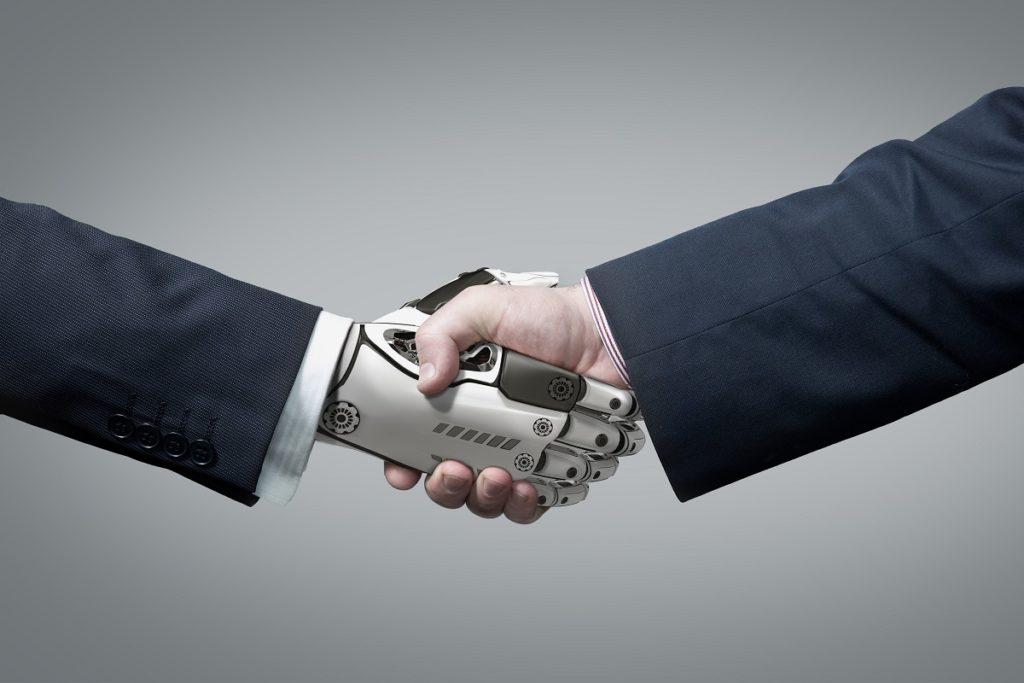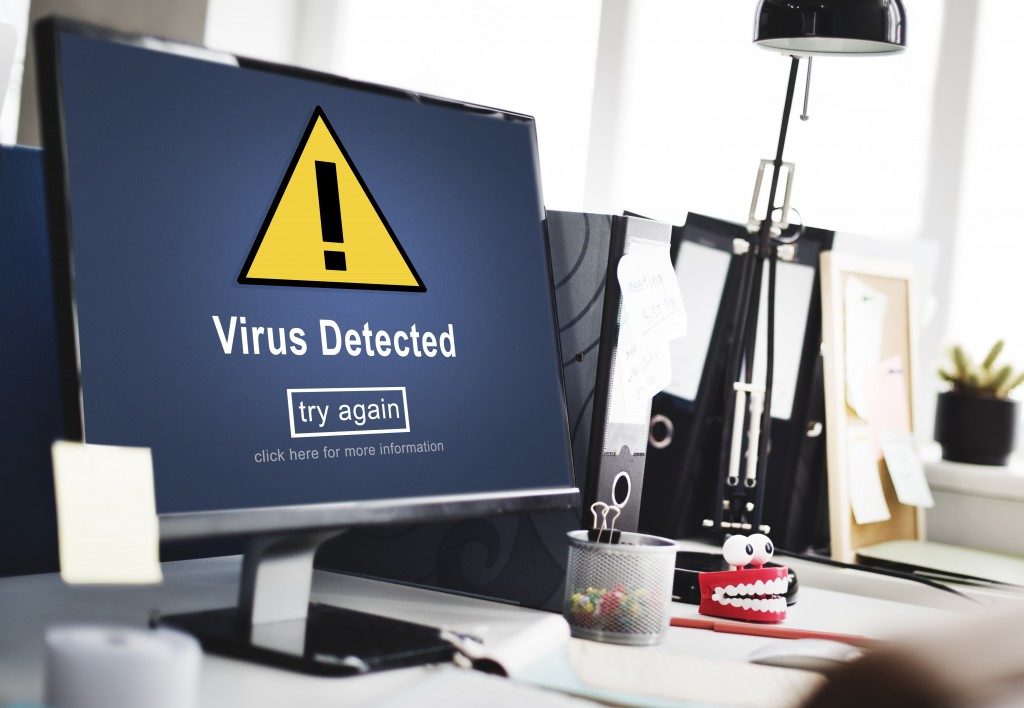Technology has truly been practically embedded in all aspects of our daily lives. From the food we eat to the air conditioning units that make our sleep comfortable each night, we see, hear, feel, smell, and even taste technology practically every moment we’re awake (as well as asleep).
In healthcare — which is easily among the most important services that we receive from government and private institutions — technology is likewise becoming deeply and widely integrated into its various facets.
Be it in terms of the diagnostic equipment used by therapists or in the software that allows different healthcare organizations to communicate and collaborate remotely and in real-time, technology is truly manna from heaven for the healthcare industry.
If you are a healthcare professional who’s involved in mental or behavioral health services, here are five technological tools you should explore and integrate with your practice as deemed appropriate:
Software as a service (SaaS)
Each year, there’s an estimated $1 trillion worth of economic losses due to productivity-related problems caused by workers with anxiety and depression. In the US, some 60 percent of the population or one in every five people suffers from a form of mental illness without receiving any care at all. Worldwide, 800,000 people die each year due to suicides despite global efforts such as the UN Sustainable Development Goals set in 2015.
These grim figures point to the need for concerted efforts among government healthcare agencies and private healthcare institutions to achieve a cohesive and reliable interoperability approach to treating patients with mental and behavioral problems. And the perfect tool to achieve it is a software as a service (SaaS) platform offered by several software development companies.
Such a tech tool allows for seamless and efficient mental or behavioral health and primary care integration. It likewise lets law enforcement, paramedics, social services, and behavioral health professionals access patient records quickly and securely through the platform, thus facilitating efficient response for the patient’s best benefits.
If you regularly handle patient cases where you need to work with other healthcare service providers, then this is one tool worth investing in.
Meditation and mindfulness mobile apps
The advent of mobile technology paved the way for revolutionary changes in the healthcare industry. Specifically, healthcare professionals’ increased awareness and use of mobile apps made some pretty interesting leaps in mental and behavioral patient treatments.
Among the mobile that apps you can use and recommend to patients are mindfulness and meditation apps such as Headspace and Calm. These mobile apps have features that allow users to perform various meditations and mindfulness techniques to alleviate their psychological and emotional suffering.
When used to their full potential, these mobile apps can be very effective and extremely handy tools to help people suffering from mental and behavioral illnesses. On the part of the healthcare professionals treating them, their jobs would be easier since they have an extra set of hands through the mobile apps that their patients use.
Telemedicine
Telemedicine or telehealth is fast becoming a vital tool for healthcare professionals in providing safe means of treating their patients remotely, particularly in light of the ongoing COVID-19 pandemic.
Using mobile communication platforms such as Zoom and Skype, mental and behavioral therapists meet with their patients to check up on them and administer remote treatment. This is an extremely convenient and COVID-safe tech tool that all healthcare service providers should use soon to better reach out to their patients.
Mobile devices

If there are mobile apps, then there should be mobile devices. Accordingly, mobile technology has been a go-to tech tool for countless healthcare professionals across the world.
From iPads and Samsung tablets that allow therapists to view patient’s information in large, easy-to-read texts to iOS and Android smartphones that let patients call their healthcare service providers for consultations and appointments, mobile devices are now truly deeply embedded in the healthcare industry.
As such, be sure to invest soon (if you haven’t done yet) in these mobile devices and use them in your healthcare practice. They are easy to use and have now been extremely affordable, so you should be well-placed to incorporate mobile technology in your role as a mental or behavioral therapist.
VR technology for treatments
Virtual reality (VR) has been around for quite some time, but it’s only recently being used in healthcare treatments.
For example, patients who suffered traumatic episodes in the past are being subjected to exposure therapy, which allows them to relive the traumatic incident frequently and safely enough to become desensitized. As a result, patients gradually become used to the relived experience that they no longer get triggered by it.
With these five tech tools in your practice, you should be in a better position to help your patients get well safely, quickly, and efficiently.



